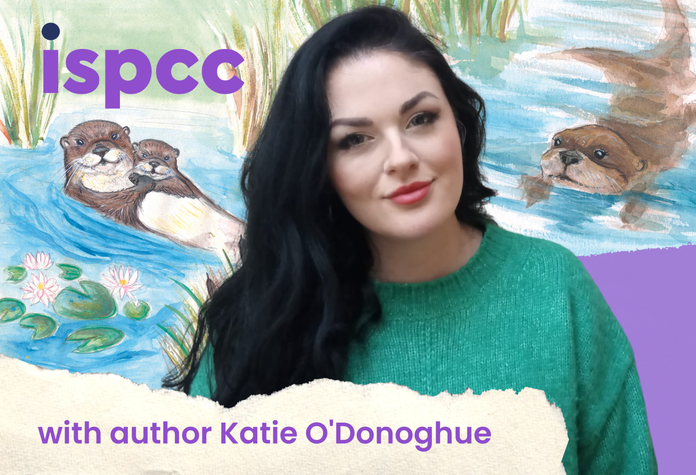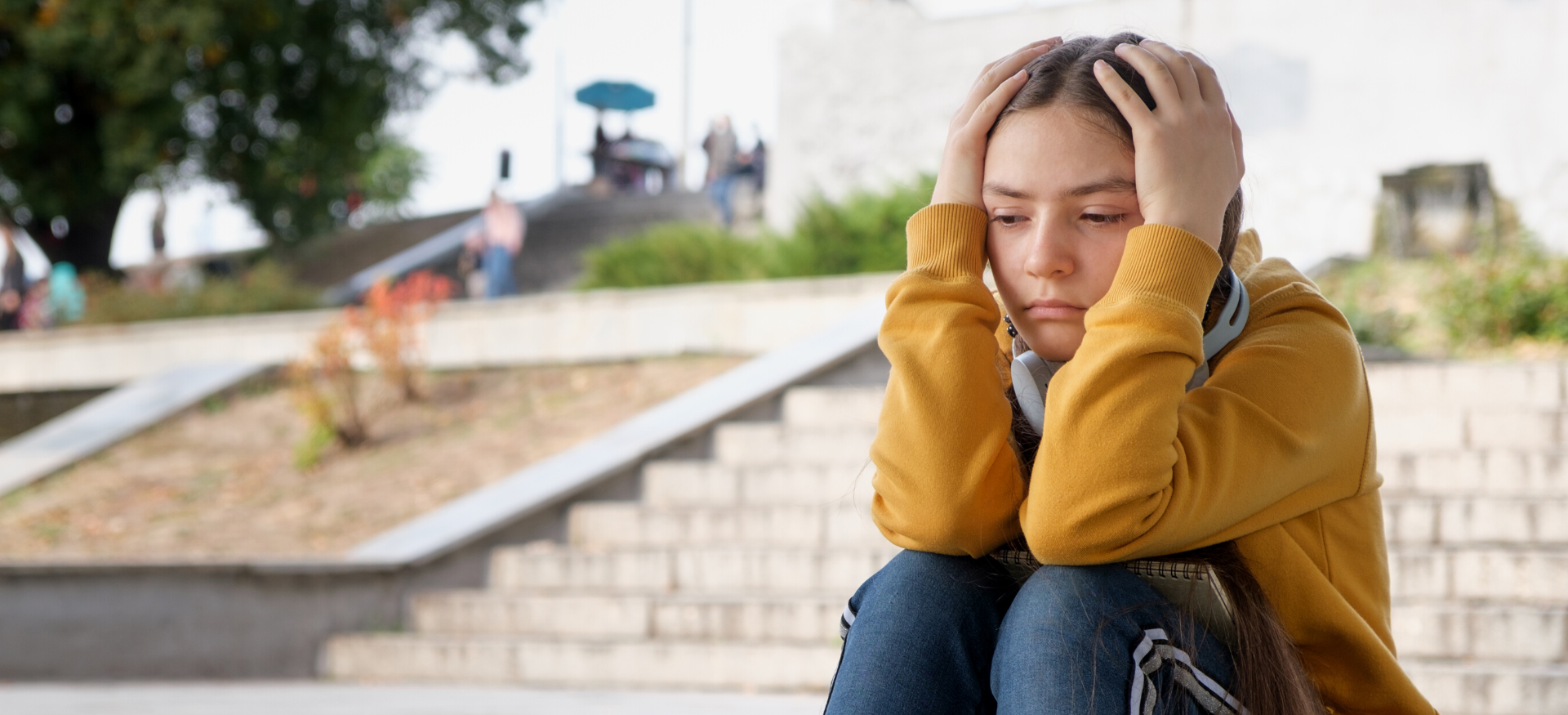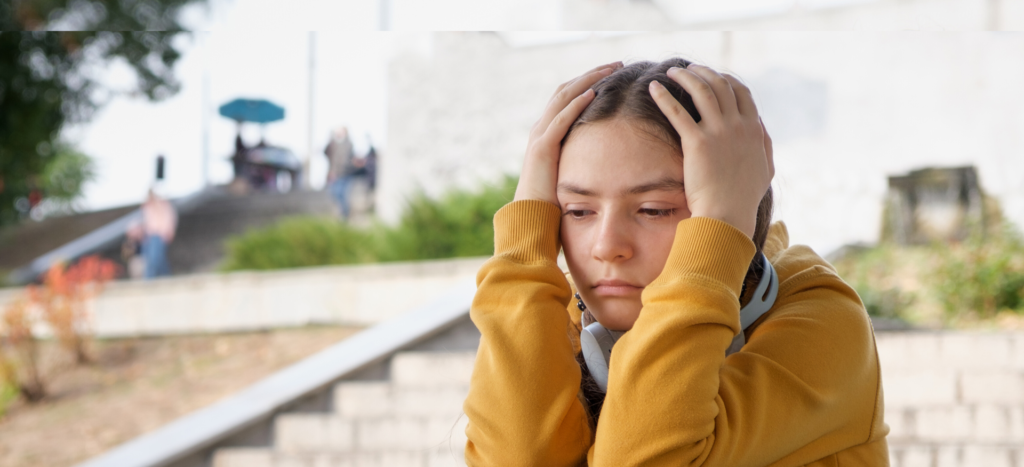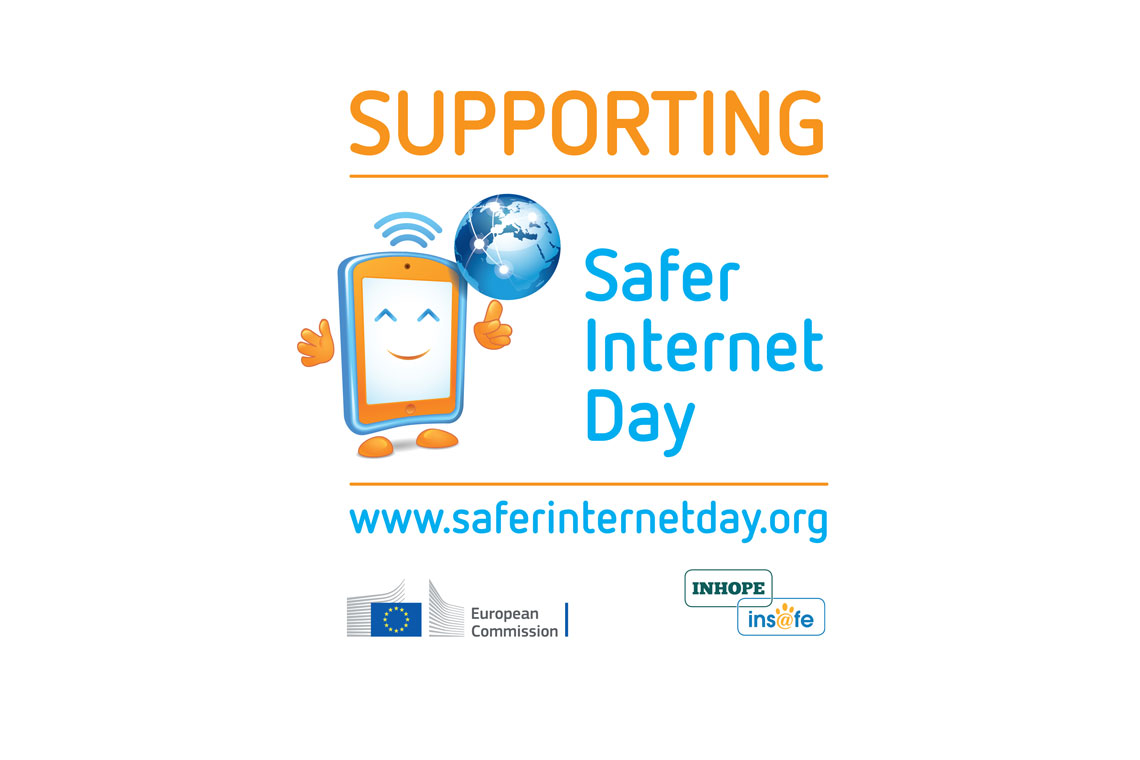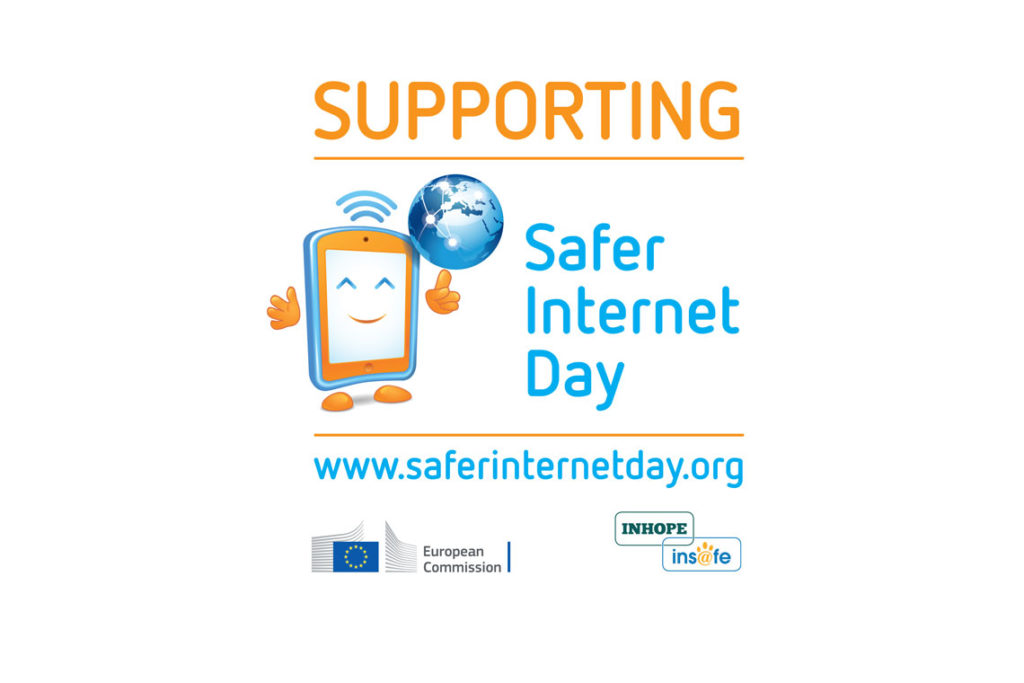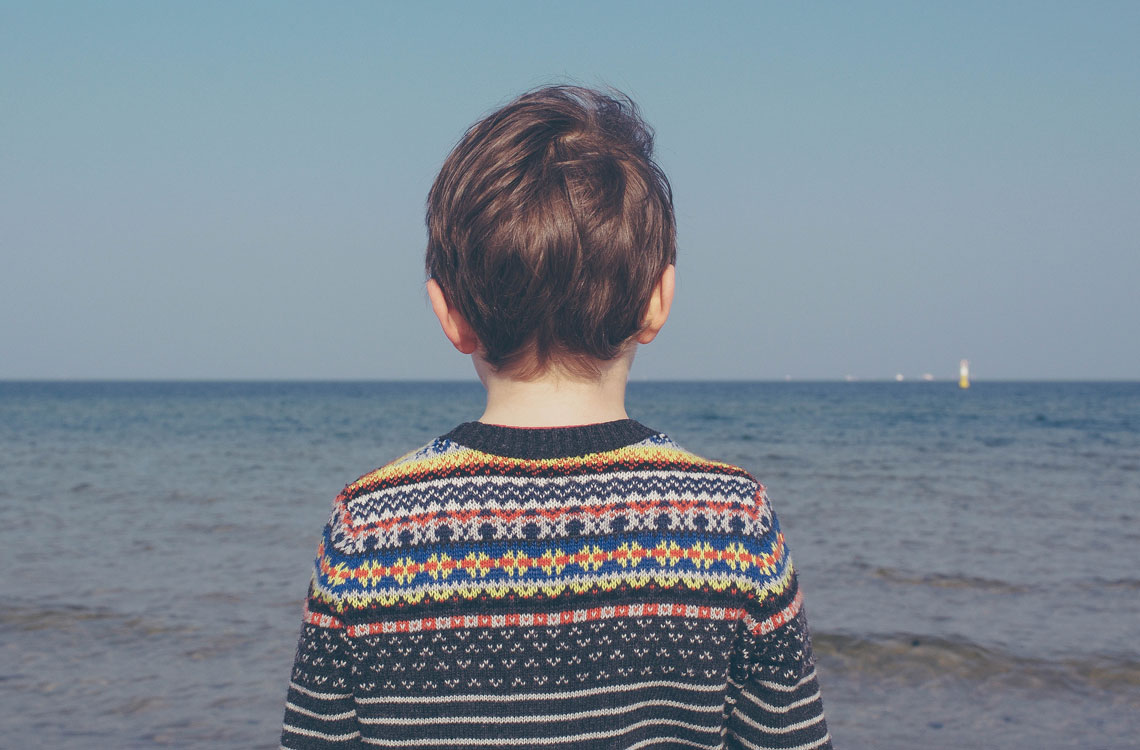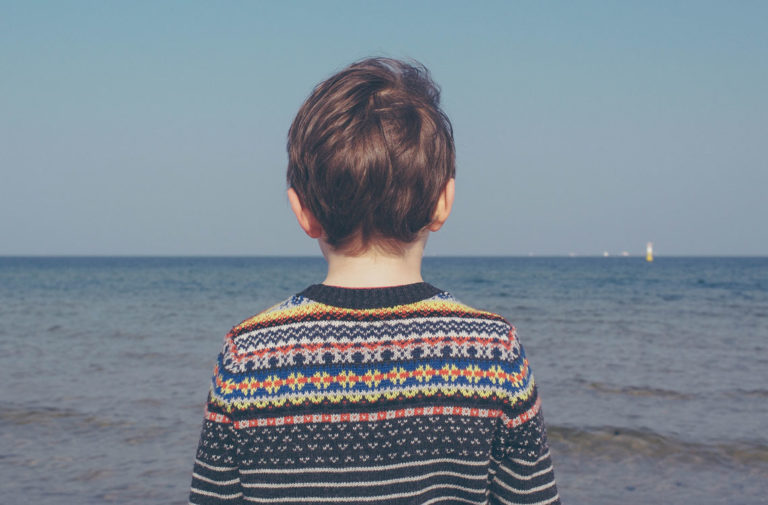
“This programme really helped me to overcome my feeling of depression and low self-esteem,” said one user of ISPCC’s free Space from Anxiety programme, who added that “I could identify the possible triggers and take the necessary actions to relieve them, as opposed to them spiralling out of control and morphing into a mass of negativity.”
Volunteers at ISPCC’s 24/7 Childline Listening service have experienced a rise in conversations amongst children seeking support in relation to anxiety and feelings of low mood and unhappiness. Anxiety is a topic frequently discussed by children who speak with Childline both online and on the phone, says ISPCC Chief Executive John Church.
For those children and young people suffering from low to moderate anxiety, ISPCC can offer a solution – Space from Anxiety. This is a free online CBT-based programme created by SilverCloud, a leading digital mental health provider. ISPCC provides three separate but complimentary Digital Mental Health and Wellbeing programmes, one of which is designed for teenagers experiencing anxiety and two are available to parents/carers of either anxious children or teens.
Space from Anxiety is aimed at 14–18-year-olds, and it is designed to empower young people who experience low to moderate anxiety. Supporting an Anxious Child and Supporting an Anxious Teen are programmes that will help users to understand anxiety and better support their child or young person.
The programme includes interactive tools, activities, mood monitors and journals to encourage users to apply CBT to their own lives. Throughout the duration of the early intervention programme, users will be supported by fully trained ISPCC volunteers.
Dee Higgins, an ISPCC volunteer, believes that the programme is empowering for users of all ages. “It gives parents and young people a chance to deal with their anxieties before it becomes a huge issue,” she said, adding that “if parents can understand what their child is going through, that’s a huge step.”
Users have 12 weeks in which to complete the programme under the guidance of a volunteer and can benefit from an unsupported version of the programme for one year after this time.
There are several ways to access the programmes including making a self-referral through a GP, CAMHS or school.
Dee Higgins says that volunteers build a relationship with users as they support them. “It’s a great resource, there are so many children and young people suffering from anxiety and it gives them a chance to learn the skills to introduce into their day-to-day life and help them deal with anxiety, recognise how they are feeling and understand the physical effects they feel from anxiety.
“Following the programme starts them on the journey to learning the skills to help themselves and others and that’s something they can use for the rest of their lives.”


